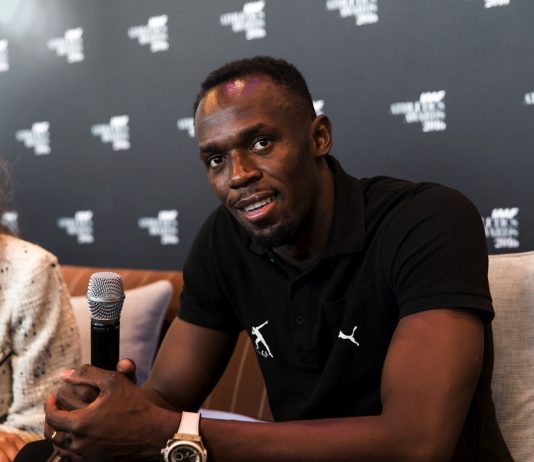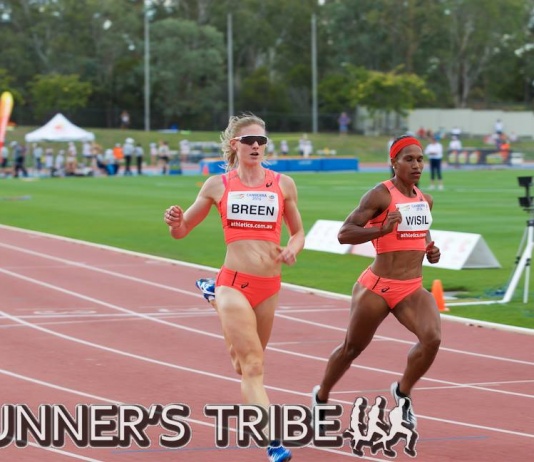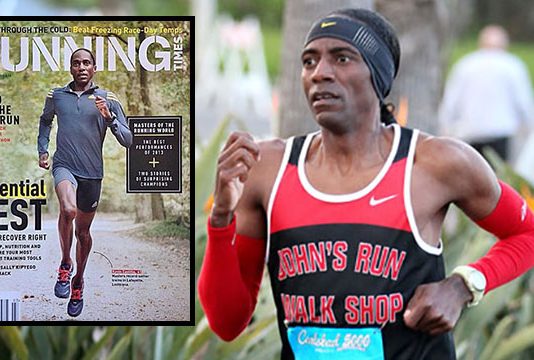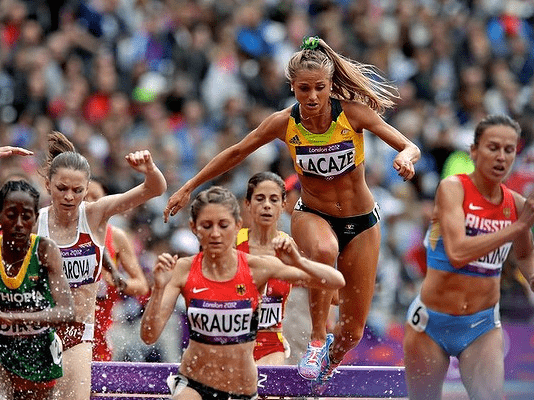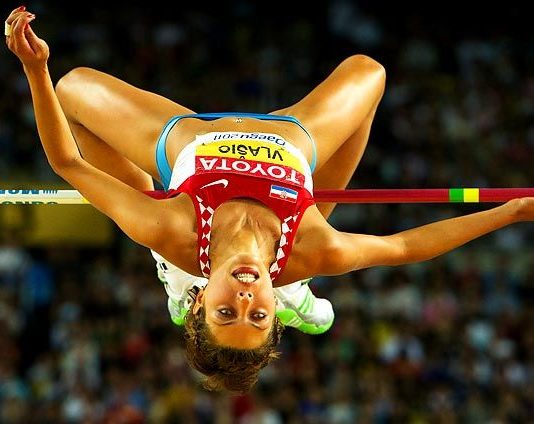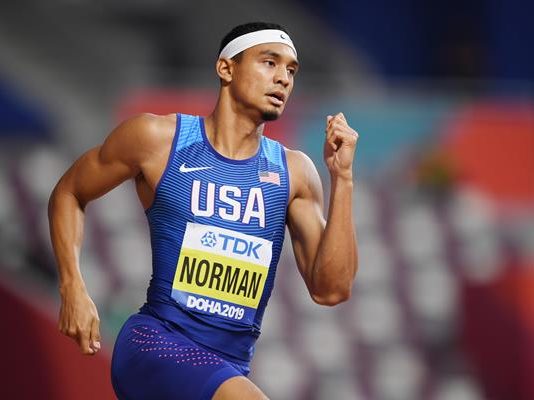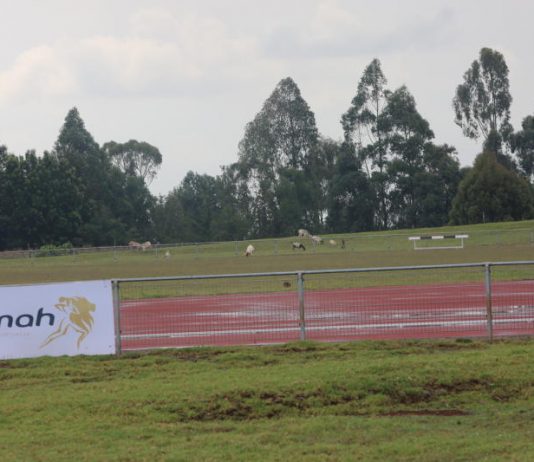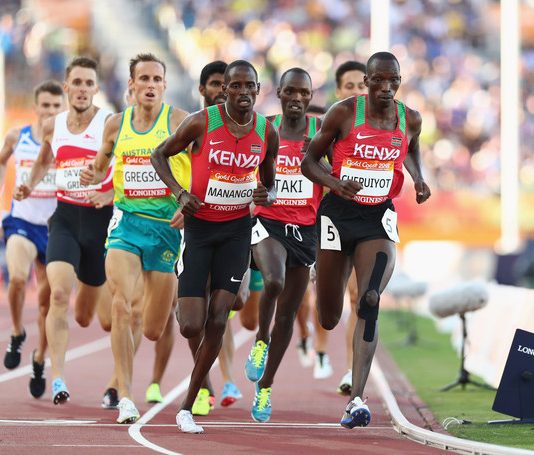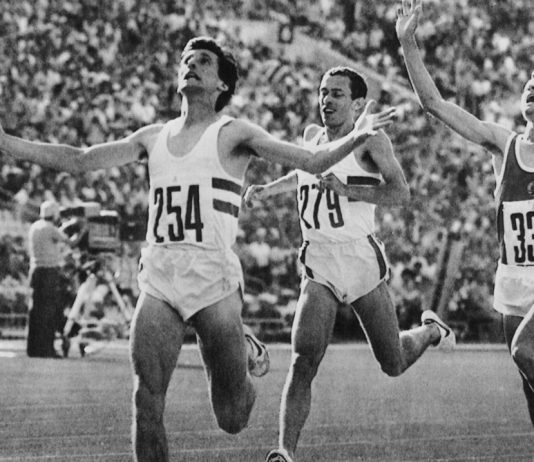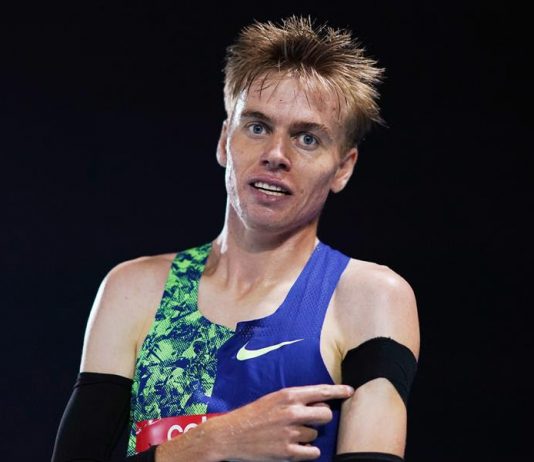Usain Bolt, the owner of eight Olympic titles and world records in the 100m (9.58 seconds) and 200m (19.19), recently became a father, and is spending much of his time parenting and cycling. Last week Variety quized Bolt on a possible comeback:
Melissa Breen pauses for just a moment when asked about her favourite sprint memory after more than a decade travelling the world.
Two Olympic Games? Top five, but not the top. Three Commonwealth Games? They were good, but still not the best. Becoming the fastest women in Australian athletics history is it, surely? Not even close.
“A number of things never added up with him from his story, how he randomly popped up at races, trained solo and at his age, was taking on the best in our sport who were 15-20 years younger,” Troop tweeted. “The constant replies were that he was a nice guy.” - Lee Troop
World Athletics on Friday released a revised 10-day track and field programme for the 2021 Tokyo Olympics, assuming it isn't canceled or delayed again, due to Covid-19.
Two-time world high-jump champion, and two-time Olympic medalist, Blanka Vlasic, is at at crossroads. At 36 years of age, retirement is looming.
Mike Norman has run the fastest 100m of 2020 so far in Fort Worth, Texas on Monday (20th July). He stopped the clock at 9.86 seconds.
Known as a 400m runner, the fast 100m makes Norman one of the most versatile sprinters in the world right now.
Since March when the government ordered closure of athletics camps to minimise the spread of Covid-19, the once busy stadium has become a pale shadow of its former self.
Foreign athletes who trained there flew out to their countries in Europe and the Americas
Four Kenyans Sanctioned for Drug Violations Including the 2017 World 1500m Champ
Runnerstribe Admin -
Manangoi has been provisionally suspended in a case of whereabouts failures. A whereabouts violation constitutes of any combination of three missed tests or filing failures in a 12-month period, according to the World Athletics anti-doping rules. Athletes must provide doping officials with their whereabouts, or locations to be available for out-of-competition testing. Three missed tests in a 12-month span can lead to a suspension, even if an athlete has never tested positive.
On the first day of August, 40 years ago, Sebastian Coe opened his eyes and saw an urgent chance of redemption lurking ahead.
Six days before arguably his finest hour, he had arrived at Moscow’s Lenin Stadium, fully intent on procuring Olympic gold in the 800m final.
Instead, by his own admission, the race tactics went horribly wrong and he could only hunt down silver as long-time rival Steve Ovett bolted out of sight, his pre-ordinated tactics shredded when he was forced to divert around a blockade of East Germans, escaping their path just too late.
Ryan Gregson retains his Australian 1500m record, set in 2010, for now. Tasmanian Stewart McSweyn has continued his superb form, winning the 1500m in Zagreb, Croatia, in dominant fashion.McSweyn asked for a pace of 1:52 through 800m. After an awkward start, in which he seemed to miss the gun, the rabbit didn't hold to his end of the bargin, taking McSweyn through the 800m split just over 2 seconds slower than planned. McSweyn then took the race into his own hands, gapping the field and going for a long run for home. He tried his best to make up for lost time, splitting a 55 second third lap and a 1:52 final 800m. His official winning time; 3:32.17.


